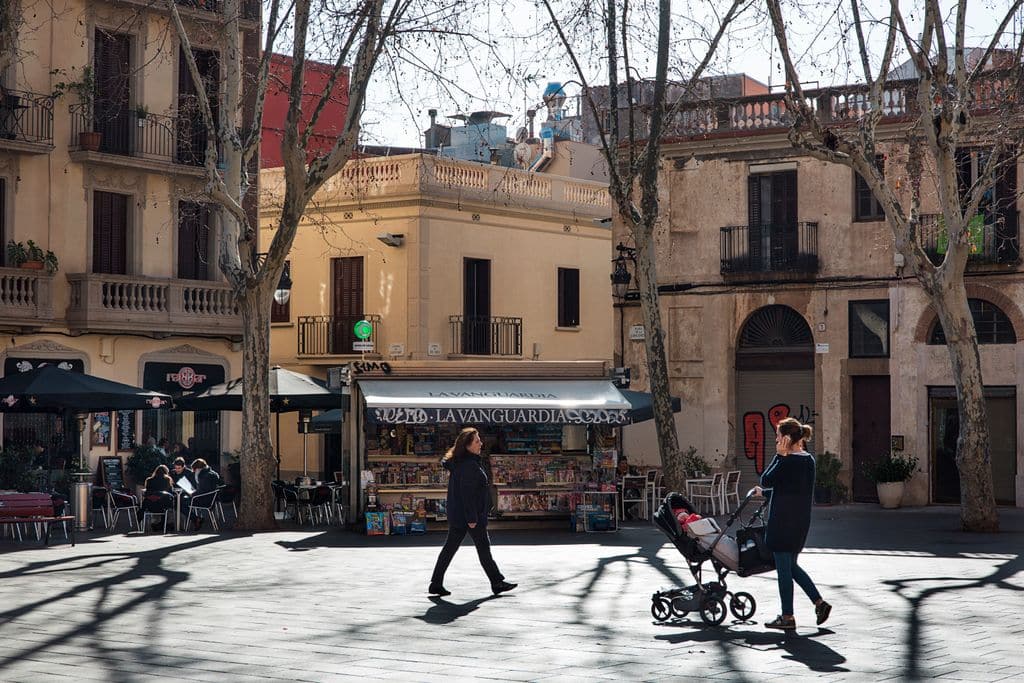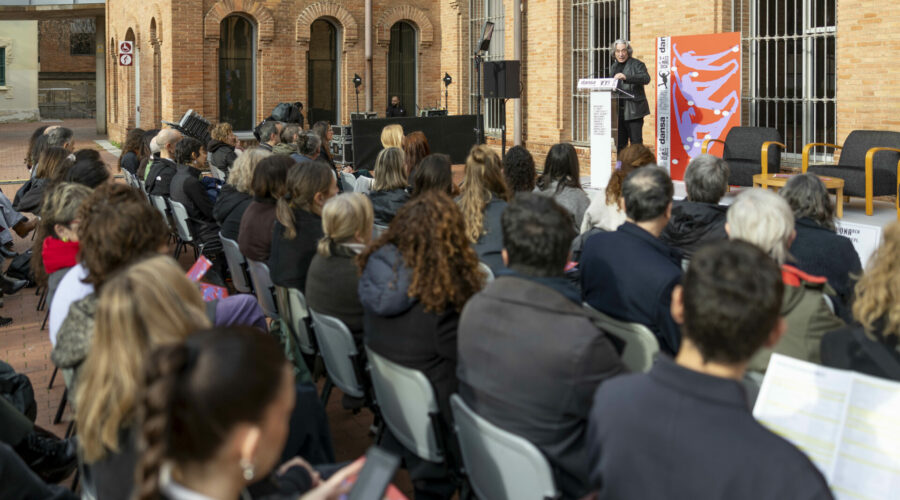In an effort to adapt to the new demands of the 21st century, Barcelona’s kiosks are set for a major change. The Economy and Finance Commission has approved a new set of rules that will allow greater flexibility in the management of these iconic city spaces. While the sale of newspapers will remain the main activity, the sale of new products such as machine coffee and packaged food will now be allowed, all in an attempt to ensure the future viability of the kiosks.
 A necessary change for kiosks
A necessary change for kiosks
Barcelona currently has 287 kiosks distributed throughout the city, although this number has decreased by 51 since 2018. For many, these small outlets not only represent a place to buy press, but also a space for interaction with the neighborhood. The new regulations seek to maintain that essence, but adapt it to modern times. The new specifications, which will be in force until 2030, introduce several modifications that respond to a demand from the sector and which were discussed jointly with the kiosk owners. The main concern was to guarantee the viability of the kiosks, since many of them have had difficulties in sustaining their activity only with the sale of newspapers.
What are the main changes?
Among the most significant adjustments, the reduction in the percentage of space allocated to the press is one of the most important points. Previously, 80% of kiosk space had to be devoted to the display of newspapers, magazines and books. Under the new regulations, this percentage is reduced to 51%, which will allow kiosk owners to devote almost half of the space to other products. This flexibility is key to allowing kiosks to expand their offerings, while maintaining the sale of publications as their main activity.
The City Council orders the closure of the traditional aviaries of La Rambla on Thursday
In addition, the commercialization of new products is allowed. Kiosks will be allowed to sell coffee to go, water and soft drinks, as well as packaged foods that do not require handling. However, the sale of alcoholic beverages will continue to be prohibited. It is important to note that, in the case of coffee, only machine coffee may be sold, without any additional preparation in the kiosk.
Limitations on the use of public space
One of the concerns of the City Council has been to maintain order in the use of public space. Therefore, despite the introduction of new products, the installation of additional furniture such as tables, chairs or bars for the consumption of these products around the kiosk will not be allowed. This measure ensures that the kiosks remain agile points of sale and do not become small improvised cafeterias.
More flexible schedules
Another new feature is the relaxation of opening hours. Until now, kiosks had to be open at least eight hours a day, generally between 7:00 a.m. and 3:00 p.m. from Monday to Saturday, and from 8:00 a.m. to 3:00 p.m. on Sundays. Under the new specification, the minimum hours are reduced, allowing kiosks to be open from 9:00 to 14:00 every day of the week. In addition, kiosk owners will be able to request timetable adaptations depending on the location of the kiosk and with the approval of the City Council.
Greater regulatory clarity
The new specifications also introduce greater clarity in legal aspects that were not well defined before. For example, it now establishes a maximum period of six months for the transfer of ownership of the kiosk in the event of the death of the owner. It is also more specifically defined which will be the competent body in cases of non-compliance with the rules or in the termination of concessions, which will fall to the Mayor’s Office or the person delegated by the Mayor’s Office. These changes are in addition to the adjustments already made in September 2022, when the installation of ATMs and last-mile mailboxes in some kiosks was authorized, thus adding new sources of income and useful services for the community.
An evolving network of kiosks
With this new regulation, Barcelona is adapting to the new realities of kiosks and consumers. The city has lost 51 kiosks since 2018, but these measures are expected to halt this trend and revitalize the sector. Of the current 287 kiosks, 253 have a current allotment, while 25 are vacant and 9 are part of a project managed by a cooperative led by the Municipal Institute for People with Disabilities (IMPD).
Proposal to include coffee and automatic teller machines in newsstands
The Barcelona City Council wanted to go a step further with this regulation, not only protecting the figure of the kiosker, but also using this network of spaces to offer services of social utility or citizen interest. The kiosks have great potential to serve as collection points for goods or as public service stations, an idea that is already being explored.
What does this mean for the future of kiosks?
The modification of the specifications is not just a one-off adjustment, but a commitment to the future of newsstands in Barcelona. In a context where the consumption of paper newspapers has declined drastically, allowing the sale of new products and making operating conditions more flexible is a necessary response to ensure that kiosks remain a vital component of the city. In addition, this change allows kiosks to become more versatile spaces, where the neighborhood can continue to find a point of reference, but now with an expanded offer adapted to new market demands. This reform is an important step to keep the kiosks alive in a city that is constantly evolving.
A commitment to local commerce
The kiosk model is also an important part of proximity commerce in Barcelona. With this new regulation, the aim is to support small entrepreneurs who have been running these businesses for years, helping them to overcome the challenges that have arisen over time. By allowing the diversification of products and services, kiosks have the opportunity to regain their relevance in the daily lives of the people of Barcelona.
Preliminary approval of kiosk regulations, which expands the range of available products
This is yet another example of how Barcelona is adapting its infrastructure and regulations to the new times, always with an eye on sustainability and improving the quality of life of its inhabitants. Kiosks, once the main point of sale for newspapers, will now be able to evolve to offer more services to citizens without losing their essence.


 A necessary change for kiosks
A necessary change for kiosks
